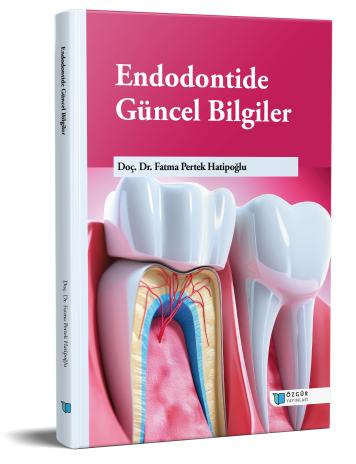
Endodontic Surgery and Prognostic Factors
Chapter from the book:
Pertek Hatipoğlu,
F.
(ed.)
2025.
Current Advances in Endodontics.
Synopsis
Apical resection is a widely used endodontic surgical technique. The main purpose of periapical surgery is to control periapical lesions that cannot be reached orthogradely or that cannot be successfully treated by direct intervention in the lesion area. A successful apical resection is possible with appropriate surgical procedures and correct material selection. Endodontic surgery has been considered one of the options before deciding to extract teeth until today. With the use of new instruments and magnification tools, developed principles for soft and hard tissue treatment, and the use of tissue regeneration techniques and materials, endodontic surgery has become a procedure with highly predictable results when performed by experienced physicians, with success rates of 90% and higher being documented in various clinical studies. There are many factors that affect the prognosis of treatment. These factors can be grouped as patient-related, tooth-related, and treatment-related factors. In endodontic surgery, it is important to consider these prognostic factors for case selection and treatment. Considering these factors allows for the prediction of treatment outcomes and evaluation of apical surgery compared to alternative treatments.

